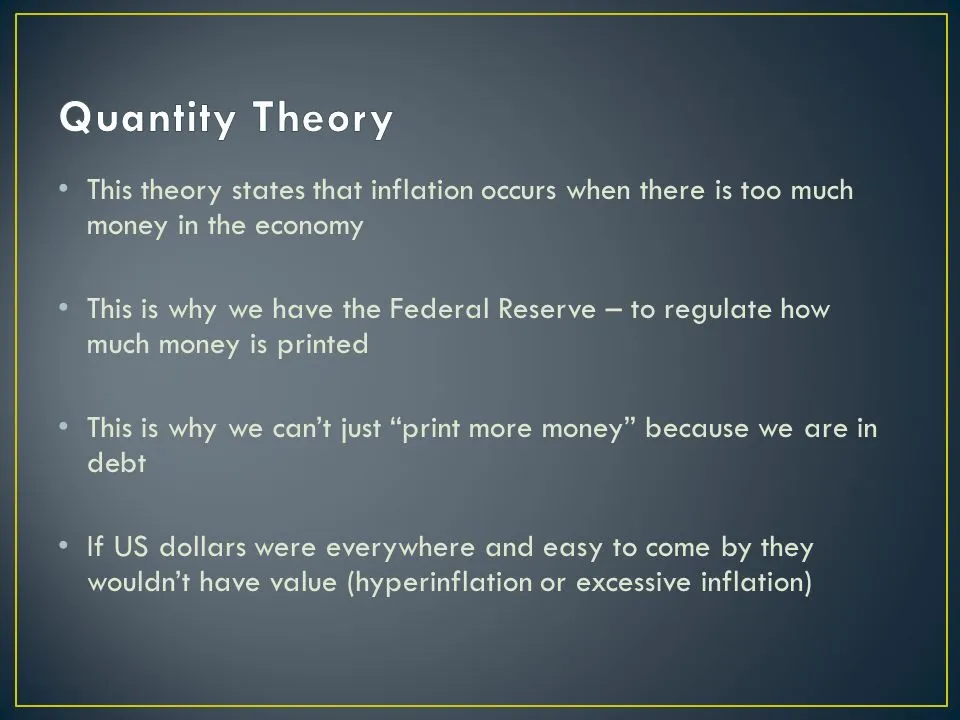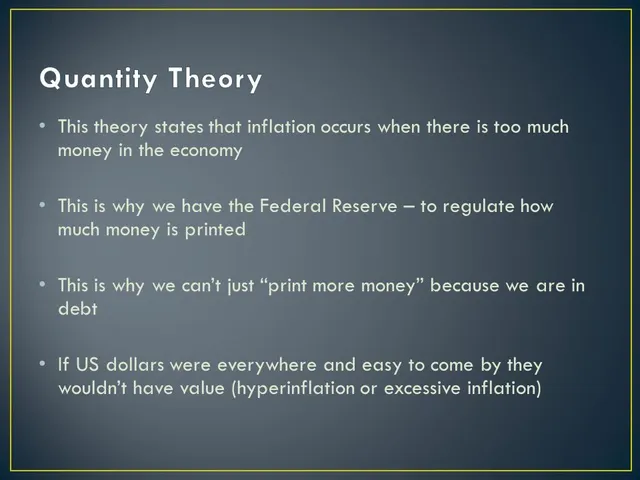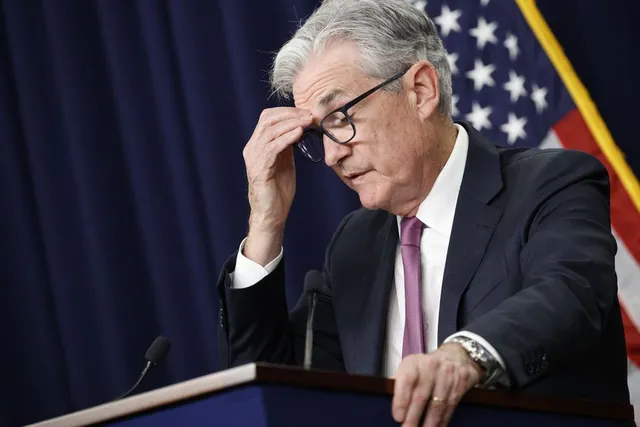
What happens when there is too little money in the economy?
How Low Interest Rates Impact Economic Growth and Inequality
When there is too little money in the economy, one of the things that can happen is a decrease in interest rates. Low interest rates are a signal that money is tight and that economic growth is slowing down. This can have a direct impact on economic growth and inequality.
When interest rates are low, businesses have less incentive to take out loans and invest in new projects. This can lead to a decrease in economic growth, as businesses are less likely to invest in new projects that could create jobs and economic growth. Low interest rates also mean that businesses have less incentive to save money, which leads to less money available for investments.
Low interest rates also impact inequality as they increase the cost of borrowing for those who are already struggling financially. When interest rates are low, it is more expensive for those with lower incomes to take out loans, such as student loans or mortgages. This can make it even harder for those with lower incomes to access the resources they need to succeed.
Low interest rates also impact the housing market. When interest rates are low, it is more attractive for people to buy homes, as the cost of borrowing is lower. This can lead to an increase in housing prices, making it more difficult for those with lower incomes to purchase a home. This can further contribute to inequality, as those with higher incomes are able to access the resources they need to purchase a home while those with lower incomes are unable to do so.
Low interest rates can have a significant impact on economic growth and inequality. Low interest rates can lead to a decrease in economic growth, as businesses are less likely to invest in new projects. They can also increase the cost of borrowing for those with lower incomes, making it harder for them to access the resources they need to succeed. Finally, they can lead to an increase in housing prices, making it more difficult for those with lower incomes to purchase a home.
Exploring the Impact of Low Money Supply on Consumers
When there is too little money in circulation in an economy, it can have a serious negative impact on consumers. This is because when the money supply is low, there is a decrease in the purchasing power of the currency, resulting in reduced economic activity. Consumers are affected by this in a number of ways, including:
Reduced Purchasing Power
When the money supply is low, it means that there isn't enough money available to buy goods and services. This results in a decrease in purchasing power, meaning that consumers can't buy as much with the same amount of money. This can have a significant impact on people who depend on their income to buy basic necessities. It can also lead to an increase in prices, as businesses are forced to raise their prices in order to cover their costs.
Decreased Investment
When the money supply is low, it can also lead to decreased investment. This is because investors are less likely to invest in a weak economy, as there may not be enough money to generate a return on their investment. This can lead to a decrease in the number of businesses, as well as a decrease in available jobs. This can be particularly damaging for those who are looking for employment, as there may not be enough jobs available. Additionally, when businesses start closing, it can have a ripple effect on the economy, leading to further economic decline.
Decreased Savings
Finally, when the money supply is low, it can also lead to decreased savings. This is because people may not have enough money to save, as they are using all of their income to cover basic necessities. This can make it difficult for people to build up a financial cushion, as they may not have enough money to put aside for savings. Additionally, it can make it difficult for people to afford major purchases, such as a home or a car, as they may not have enough money saved up for a down payment.
Overall, a low money supply can have a serious impact on consumers. It can lead to decreased purchasing power, decreased investment, and decreased savings, all of which can make it difficult for people to make ends meet. Therefore, it is important for governments to ensure that there is enough money in circulation in order to prevent this from happening.
Examining the Consequences of Deflation on the Economy
Deflation is a term used to describe a decrease in the general level of prices in a country. It occurs when the rate of inflation drops below zero and the general price level drops. This can have serious consequences for a country’s economy, as too little money in circulation can lead to decreased demand and reduced economic activity.
When there is too little money available in an economy, it can lead to economic stagnation. This can occur when there is a decrease in the amount of money available for consumers to spend. As people have less money to spend, demand for goods and services will decrease, leading to a decrease in production. This can lead to job losses and further decreases in spending.
Deflation can also lead to an increase in the real value of debt. With less money in circulation, the cost of borrowing money increases. This can lead to an increase in the burden of debt for individuals and businesses, making it more difficult to pay off their existing debts. This can create a cycle of debt in which borrowers are unable to pay their debts, leading to defaults and further decreases in the amount of money available.
In addition to increasing the real value of debt, deflation can also lead to a decrease in investment. With less money available, businesses may be unable to invest in new projects or hire new employees. This can lead to a decrease in economic growth and decreased job opportunities, further reducing the amount of money available.
Deflation can also lead to an increase in the number of people living in poverty. As prices decrease, wages may not keep up with the cost of living. This can cause people to live on less money than they need, leading to poverty and increased hardship for those affected.
Finally, deflation can lead to a decrease in the amount of money available for government spending. As prices drop, government income from taxes decreases and government expenditures increase. This can lead to a decrease in government services and an increase in government debt, further reducing the amount of money available in the economy.
Overall, deflation can have serious consequences for an economy. It can lead to economic stagnation, increased debt burden, reduced investment, increased poverty, and decreased government spending. For this reason, it is important for governments to take steps to prevent deflation and ensure that there is enough money in circulation to support economic activity.








